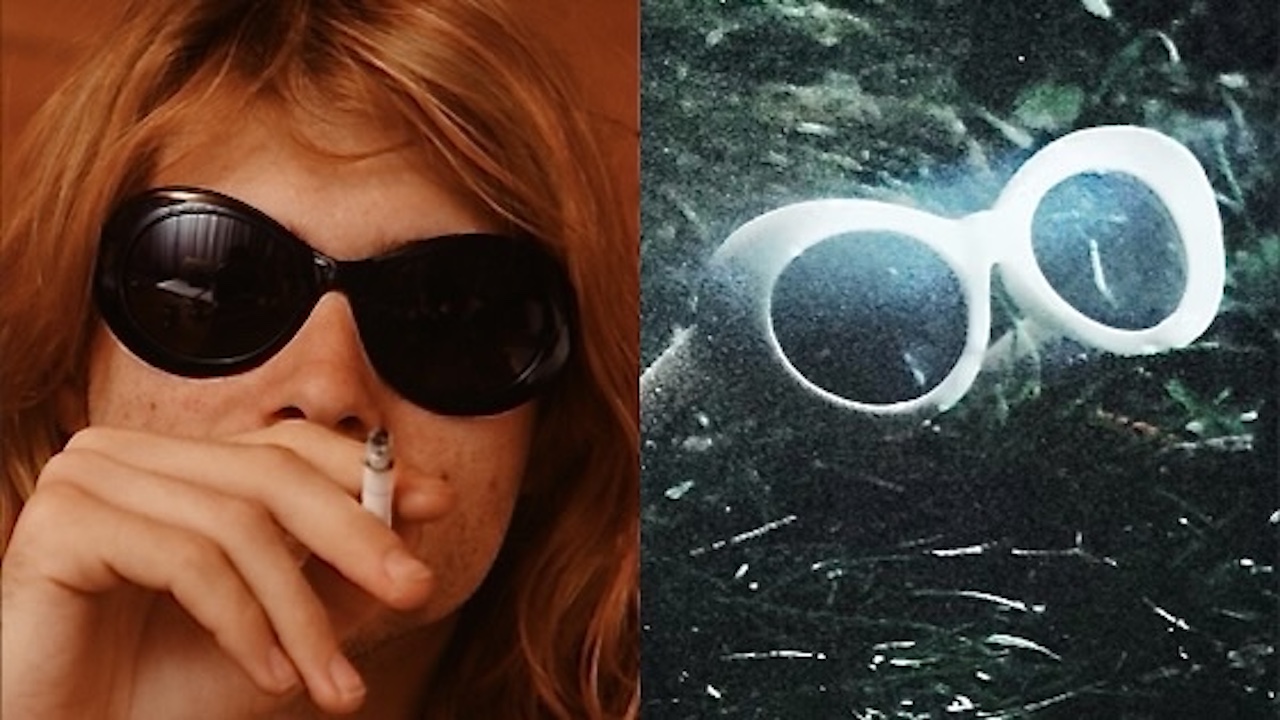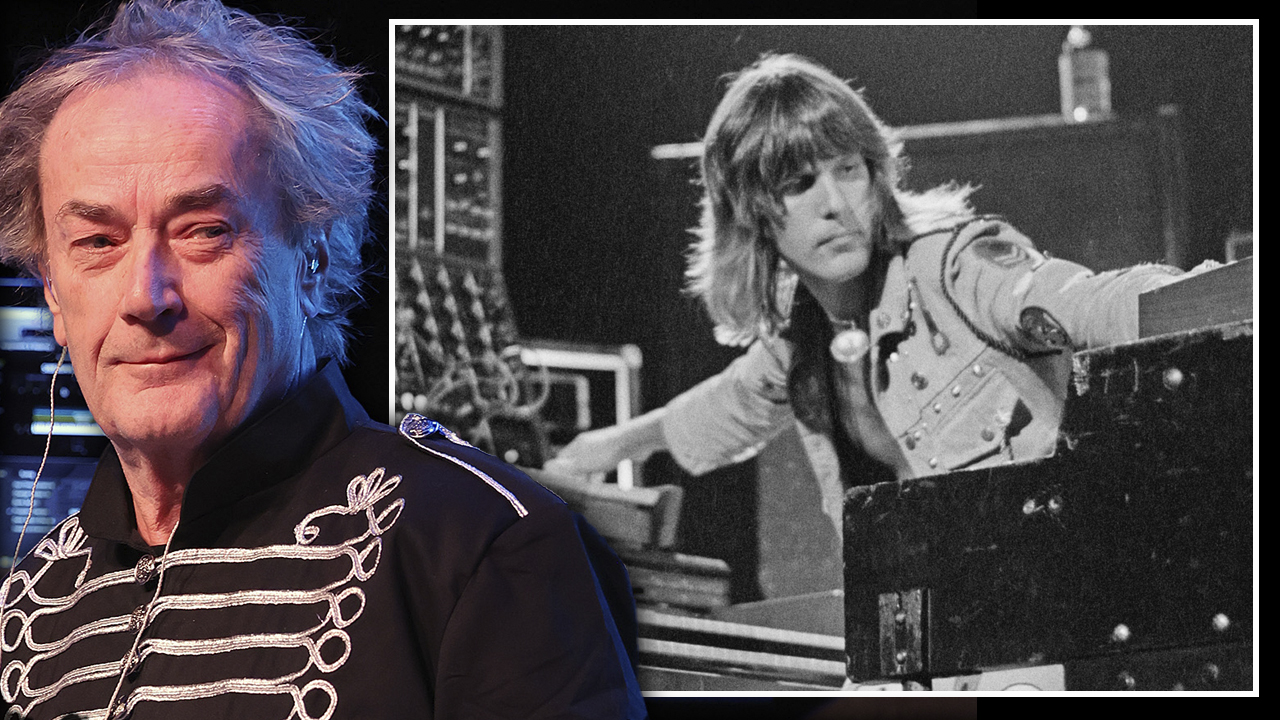Kurt Cobain's estate attacks Royal Opera House's Last Days production for attempt to "profit" from Nirvana frontman's death
The Royal Opera House's production of Last Days, based on Gus Van Sant's 2005 film, has come under fire from Kurt Cobain's estate

Select the newsletters you’d like to receive. Then, add your email to sign up.
You are now subscribed
Your newsletter sign-up was successful
Want to add more newsletters?
The estate of late Nirvana frontman Kurt Cobain has hit out at the Royal Opera House's decision to stage a production based on Gus Van Sant's 2005 film Last Days, which is loosely based on Cobain's final hours in Seattle.
The Royal Opera House website has this to say about the production, which was staged from October 7 to 11.
"Based on the film Last Days, this haunting world premiere brings a modern tale of self-destruction to the opera stage.
Blake, a musician, has recently escaped rehab to return home. But he is haunted by objects, visitors and memories distracting him from his true purpose – self-destruction. Adapted from Gus Van Sant’s 2005 film based on the final days of Kurt Cobain, this new opera plunges into the torment that created a modern myth."
The production received 4 star reviews from The Guardian and The Times, and a 5 star review in The Independent, which hailed it as "extraordinary", writing, "the work is full of mysteries, which derive their power through not being explained."
In a statement given to the Daily Mail, Cobain's estate say, 'This show has been created and written without the permission or input of the Cobain estate. Sadly, it is an unauthorised attempt that seeks to profit and benefit from a brief meeting that took place thirty years ago.'
The opera's co-director Matt Copson told The Guardian: "I think what makes it interesting and, most importantly, what makes it interesting in 2022 – which is very different even to when the film was made – is the relevance and prevalence of this archetype that seems, to me at least, to say something about the contemporary condition we all find ourselves in.
"You speak to any young person – everyone is on display to a degree that they weren’t before, and there are questions of privacy that come up all the time. The essential idea of, ‘Am I an individual or am I member of society? Can I freely express myself or can I not? What does it even mean to express yourself? What is freedom?’
“I think the reason why this archetype, this Kurt figure, remains relevant is because he so heavily demonstrated that paradox. He held so many contradictions within himself. His suicide note says, ‘I love people too much’, then it says, ‘I hate people.’ He’s like a walking paradox, and I think those are really important and beautiful figures for us to grapple with, because it’s an extremity of what I personally feel all the time."
The latest news, features and interviews direct to your inbox, from the global home of alternative music.

A music writer since 1993, formerly Editor of Kerrang! and Planet Rock magazine (RIP), Paul Brannigan is a Contributing Editor to Louder. Having previously written books on Lemmy, Dave Grohl (the Sunday Times best-seller This Is A Call) and Metallica (Birth School Metallica Death, co-authored with Ian Winwood), his Eddie Van Halen biography (Eruption in the UK, Unchained in the US) emerged in 2021. He has written for Rolling Stone, Mojo and Q, hung out with Fugazi at Dischord House, flown on Ozzy Osbourne's private jet, played Angus Young's Gibson SG, and interviewed everyone from Aerosmith and Beastie Boys to Young Gods and ZZ Top. Born in the North of Ireland, Brannigan lives in North London and supports The Arsenal.
